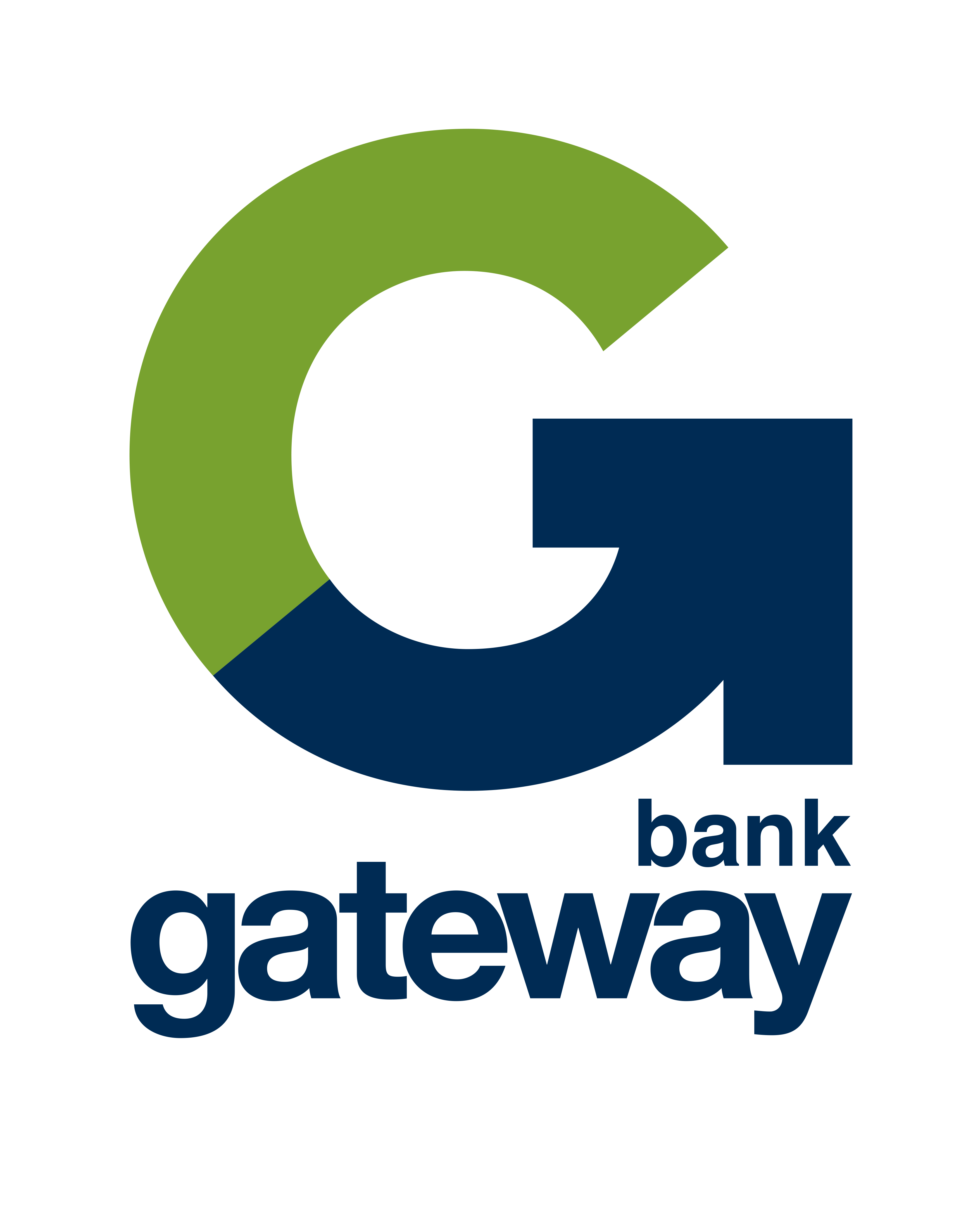This article provides an introduction to credit debit cards. At Gateway, we issue credit debit cards to members who are 16 years and over. Please check with your bank to see what age limits apply.
What is a credit debit card?
Unlike a traditional credit card, a credit debit card is connected to your transaction account which limits you to the funds in your account. Every time you use it, money is debited from the available funds in your account rather than using funds on credit that must be paid back. Transaction accounts can have daily limits on them to protect the account holder. At Gateway, an account holder can spend up to their account balance using the credit function of our Eco Visa Debit card and ATM/EFTPOS transactions have a $1000 limit. If you do not bank with Gateway, please check with your bank to see what limits may apply. Before signing up for a credit debit card, it can be useful to see if your bank reimburses members for purchases if your card is stolen or misused.
Using my credit debit card
Credit debit cards can be used in store, online, to withdraw money from an ATM or to pay for something over the phone. As cash is used less and less, the options to use credit debit cards are being extended to vending machines and charity donation boxes!
In store
Most stores will have an EFTPOS machine where you can insert or tap your card to pay. Credit debit cards have a limit on the amount you can tap so you may need to enter a PIN if the limit is exceeded. This is a security feature to limit funds used if your card is lost or stolen.
Online
Most credit debit cards are VISA or Mastercard so you can use them for online shopping. When you checkout, online stores will ask for the name of the cardholder, the card number, expiry date and card verification code (CVC). The CVC is found on the back of the card.
ATMs
You can withdraw the money from your transaction account at an ATM. Once you insert your card you will need to enter your PIN and select the action you’d like to perform (e.g. withdraw, check balance). Some ATMs have the option to deposit money into your account. If you are using an ATM that does not belong to your bank, you may need to pay a small fee*.
Pending transactions
A pending transaction is a purchase that is still being processed. The balance in your transaction account will show you the balance, amount pending and available funds. The balance, minus the amount pending is the available funds.
Remember it’s your money
As you aren’t using physical money it can be harder to keep track of your expenses when using a credit debit card. Remember it’s your own money so while it’s easy to tap and go, you want to check your account to make sure you’ve not spent more than expected. This is where downloading your bank’s mobile app will help you to monitor your spending and account balance quickly and easily.
To monitor your spending, you can give yourself a budget or set a limit on how you use your card.
Tips
- Ensure there is enough money in your account, otherwise your transaction cannot be processed
- If you have set up direct debits, remember to have enough funds to cover them, otherwise the direct debits will get rejected if not enough funds are available in the account to cover it.
- When using an ATM or EFTPOS machine, cover the keypad to conceal your pin
- Never share your PIN with anyone and don’t choose an obvious PIN, i.e. your date of birth
- When shopping online, ensure the site is legitimate. Read our online safety article for some tips on how to shop safely online and look for the padlock next to the URL.
What to do if your card is lost or stolen
Contact your bank to cancel your card immediately, you may be liable for transactions if you delay. You will be issued with a new one.
*Gateway’s Visa Eco Debit Card is accepted at all ATMs that accept Visa. A wide network of ATMs in Australia can be accessed, fee-free. When using an ATM, the operator will advise if a fee will be charged for your transaction. You may consider cancelling your transaction and finding an alternative if you are being charged a fee.





